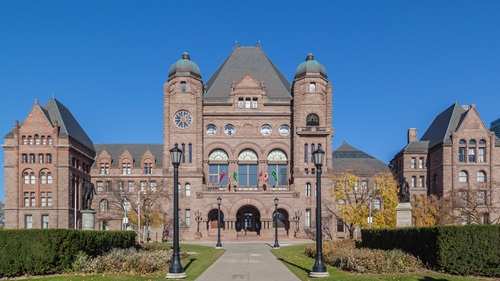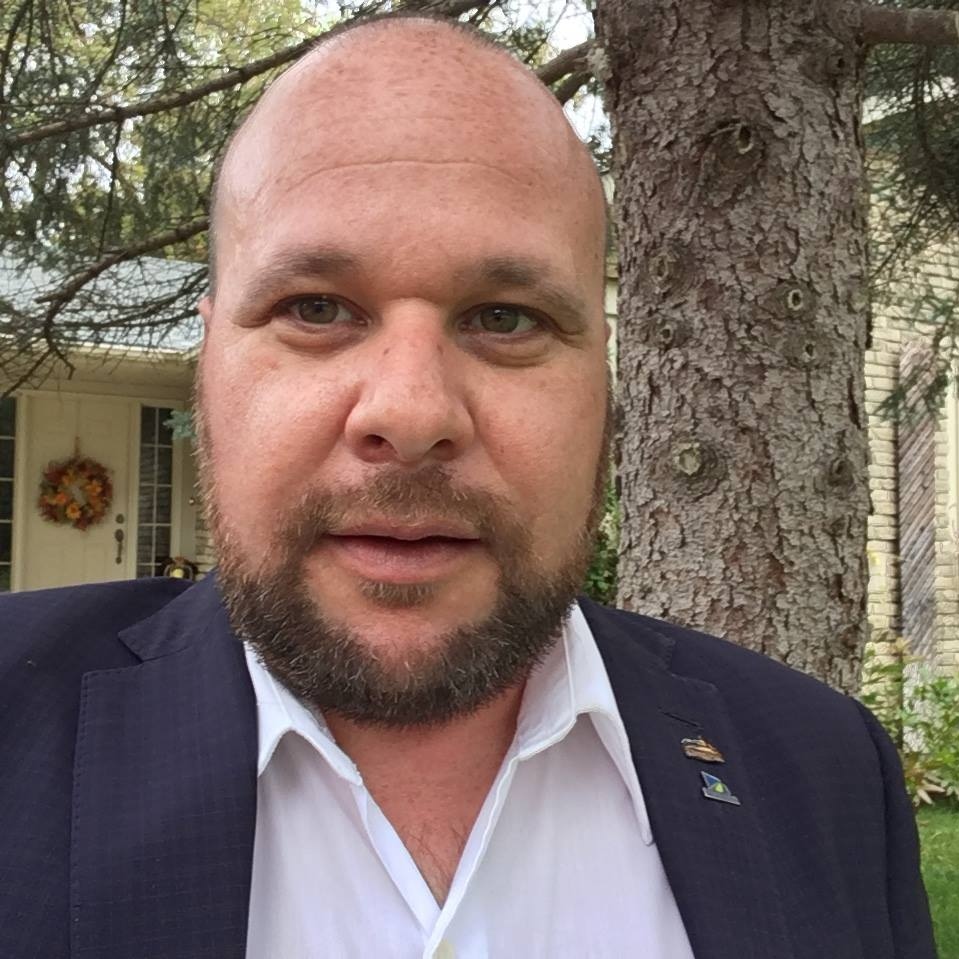OMSSA Report on the 2024 Fall Economic Statement
OMSSA Report on the 2024 Fall Economic Statement
By: Darryl Wolk
November 2024

The 2025 budget will be delivered in the spring and there is speculation that an early provincial election will follow. Assuming there is no major economic downturn over the next few months, there is a good chance a balanced budget will be achieved for 2025-26 ahead of current projections when the budget is delivered in March and before an election campaign is launched. There is also a good chance new spending announcements will be included if it is an election year budget.
The main new spending highlight was the $200 rebates to Ontario taxpayers and additional rebates for those under 18 at a cost of over $3 Billion. The cheques are expected to arrive in the spring around the potential timing of an election campaign. There was also an extension of the gas and fuel tax relief of 9 cents per litre until June 2025. These measures were communicated as a way to address carbon pricing, higher interest rates, and cost of living challenges.
There were no new significant announcements in the sectors of homelessness, housing, child care, or Ontario Works mentioned in the Fall Economic Statement. There was also no progress on reviewing the funding relationship between the province and municipalities currently costing municipalities over $4 Billion annually to fund health and social programs within provincial jurisdiction.
OMSSA was disappointed that we have not seen an increase to Ontario Works rates or rent scales. OMSSA was also hoping for additional funding to address workforce issues and create additional new spaces in early years and child care to meet expected demand from the Canada-Wide Early Learning and Child Care (CWELCC) program. Finally, OMSSA Members were hoping the solvethecrisis.ca campaign would have led to additional resources to address the growing challenges around homelessness encampments, housing, mental health, and addictions in communities across Ontario. OMSSA will continue to advocate for these priorities ahead of the 2025 Budget.
The Fall Economic Statement did include an increase of $100 Million over the next two years for the Ontario Municipal Partnership Fund targeted towards rural and Northern municipalities. The Ontario Government is projected to spend $191 Billion on hospitals, highways and public transit. Five million annually was announced for the Ontario Transit Investment Fund to bring municipalities, Indigenous communities, non-profit organizations and key partners together to develop integrated, coordinated and sustainable transit. $23 Billion over the next 10 years (including $16 Billion in capital grants) will be used to build new schools and create new child care spaces.
Ontario continues to make progress towards 58,000 new and upgraded beds across the province for long-term care before 2028 and on 50 hospital projects over the next 10 years. Housing starts were revised downward from 88,000 to 81,000 for 2024. In 2022, the government announced it planned to build 1.5 million new homes before 2031. Property tax assessments were also further deferred as the work continues on the provincial property tax review. A full list of highlights from the Fall Economic Statement can be found here.
The Fall Economic Statement is a fiscal update and 2025 Ontario budget consultations will officially open in January. With federal and provincial elections expected in 2025, OMSSA will work closely with our members on federal and provincial budget submissions ahead of the expected federal and provincial election campaigns.
Additional Resources:
News Release: https://news.ontario.ca/en/release/1005246/building-ontario-for-you
About the Author

Darryl Wolk is Manager of Policy Development and Public Affairs for the Ontario Municipal Social Services Association. Darryl started with OMSSA in 2017. He has over ten years of government relations experience and graduated with an MBA from the University of Windsor in 2004. Darryl appreciates the opportunity to advocate and consult with Ontario’s municipal service managers, province and federal government to advance priority issues in the health and human services sectors.
Blog categories: Ontario Government, Budget